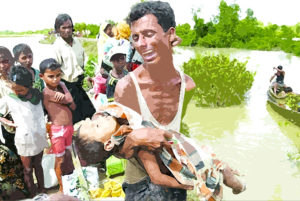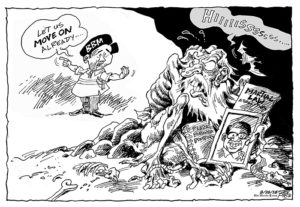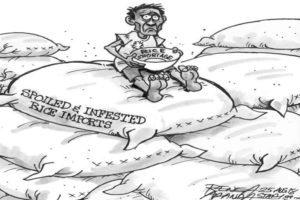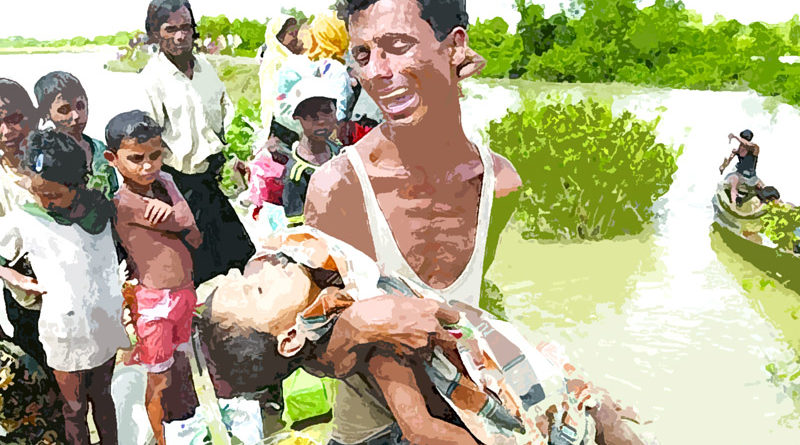OP ED EDITORIAL & CARTOONS: One year after
7.1 Puttin’ US on the defensive – D. Tribune –Propaganda malfunctions


7.2. Manila Bulletin – The PDP question
7.3. The Manila Standard – One year after

7.4. The Manila Times – ..Let us move on already…..

7.5. The Philippine Daily Inquirer –…….. Shocking wedding

.
7.6 The Philippine Star –… Rotten rice, again

7.7. Pati galunggong iimportahin na rin– Pilipino Star Ngayon – Rest-in-Fish!>


8.1. For The Straits Times –Mission: Impossible for Britain and France


Hugh White
Professor of strategic studies at the Australian National University in Canberra
. All photographs, news, editorials, opinions, information, data, others have been taken from the Internet ..aseanews.net | [email protected] |.For comments, Email to :D’Equalizer | [email protected] | Contributor
All photographs, news, editorials, opinions, information, data, others have been taken from the Internet ..aseanews.net | [email protected] |.For comments, Email to :D’Equalizer | [email protected] | Contributor
 All photographs, news, editorials, opinions, information, data, others have been taken from the Internet ..aseanews.net | [email protected] |.For comments, Email to :D’Equalizer | [email protected] | Contributor
All photographs, news, editorials, opinions, information, data, others have been taken from the Internet ..aseanews.net | [email protected] |.For comments, Email to :D’Equalizer | [email protected] | Contributor










